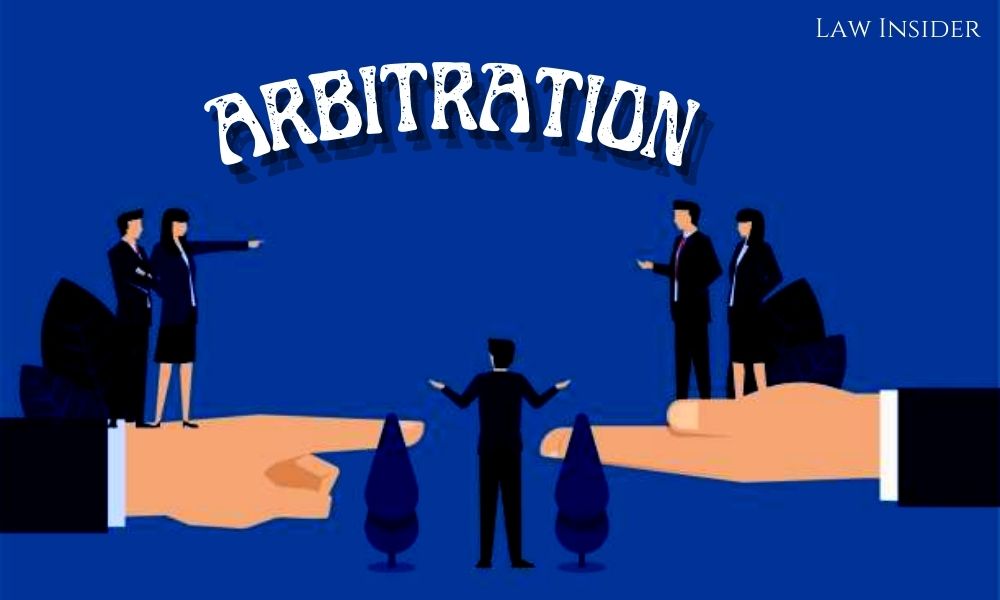Sakunjay Vyas
Published on: April 28, 2022 at 11:17 IST
The Three-Judge Bench of Justice DY Chandrachud, Justice Surya Kant and Justice Vikram Nath of the Supreme Court overturned the judgment of the Bombay High Court Bench, vide which the High Court dismissed the appeal filed under Section 37 of the Arbitration and Conciliation Act.
The Supreme Court recently ruled that an Arbitration agreement can bind non-signatories using the Doctrine of Group of Companies.
That the contentions on the part of the Appellant were:
1. The case of ONGC is that DEPL and JDIL constitute one single commercial entity and that ONGC is hence entitled by law to compel JDIL to participate in the arbitration proceedings so as to enforce the award against it.
2. That though the evidence was available with ONGC to buttress the above claim, it applied discovery and inspection to secure material which was within the possession, control and custody of JDIL. However, with the deletion of JDIL from the array of parties, the application for discovery and inspection has been rendered otiose.
3. The Arbitral Tribunal has not enquired into the facts at all, despite the contention of ONGC that JDIL is a necessary party.
The respondent vehemently opposed the Appellant by contending:
1. That there is no disputing the factual position that DEPL is a part of the D P Jindal Group, yet JDIL has no shareholding in DEPL. There is neither any cross-shareholding nor any common directors.
2. That it has been rightly concluded in the arbitral award that there is not “a tickle of evidence” that JDIL played any role in the negotiations leading up to the contract or any future involvement.
3. That the group of companies doctrine cannot be invoked to indict JDIL for the alleged acts and omissions of DEPL
That the Apex Court relying on previous judgements, stated that Observers have pointed out that a written agreement to submit a dispute to arbitration does not exclude the possibility of binding a third party to an arbitration agreement.
That the group of companies doctrine and the assignment, agency and succession principles may bind non-signatories.
That the alter ego of a party which executed the contract containing an arbitration clause may be bound by the agreement to arbitrate if that party is a signatory to the contract.
That this accounts for a departure from the ordinary principle of contract law that each entity is distinct from the rest of the group.
“A non-signatory may be bound by the operation of the group of companies doctrine as well as by the operation of the principles of assignment, agency and succession. A party, which is not a signatory to a contract containing an arbitration clause, may be bound by the agreement to arbitrate if it is an alter ego of a party which executed the agreement. This constitutes a departure from the ordinary principle of contract law that every company in a group of companies is a distinct legal entity.” the Court said.
That the Apex Court stated the requirements necessary so as to bind the non –signatories to an arbitration contract, they are:
(i) There exists a group of companies; and
(ii) Parties have engaged in conduct or made statements indicating an intention to bind a non-signatory.
“A non-signatory may be bound by the arbitration agreement where: (i) There exists a group of companies; and (ii) Parties have engaged in conduct or made statements indicating an intention to bind a non-signatory.” the Court said.
The Apex Court further stated that In deciding whether a company within a group of companies which is not a signatory to an arbitration agreement would nonetheless be bound by it, the law considers the following factors:
(i) The mutual intent of the parties;
(ii) The relationship of a non-signatory to a party which is a signatory to the agreement;
(iii) The commonality of the subject matter;
(iv) The composite nature of the transaction; and
(v) The performance of the contract. Consent and party autonomy are undergirded in Section 7 of the Act of 1996.
The Apex Court concluded the judgment by stating that ONGC was prevented from pursuing its fundamental claim based on the application of the doctrine of a group of companies by the Arbitral Tribunal’s refusal to allow discovery and inspection.
“The failure of the Arbitral Tribunal to allow for discovery and inspection goes to the root of the process in as much as it disabled ONGC from pursuing its fundamental claim based on the application of the group of companies doctrine.” the Court said
As a result, the Apex Court overturned the impugned Judgment of the Bombay High Court Bench by stating that ONGC would be at liberty to pursue its application for discovery and inspection and to seek further directions before the Arbitral Tribunal. Parties would be at liberty to apply for leading further evidence before the Arbitral Tribunal if they are so advised.

